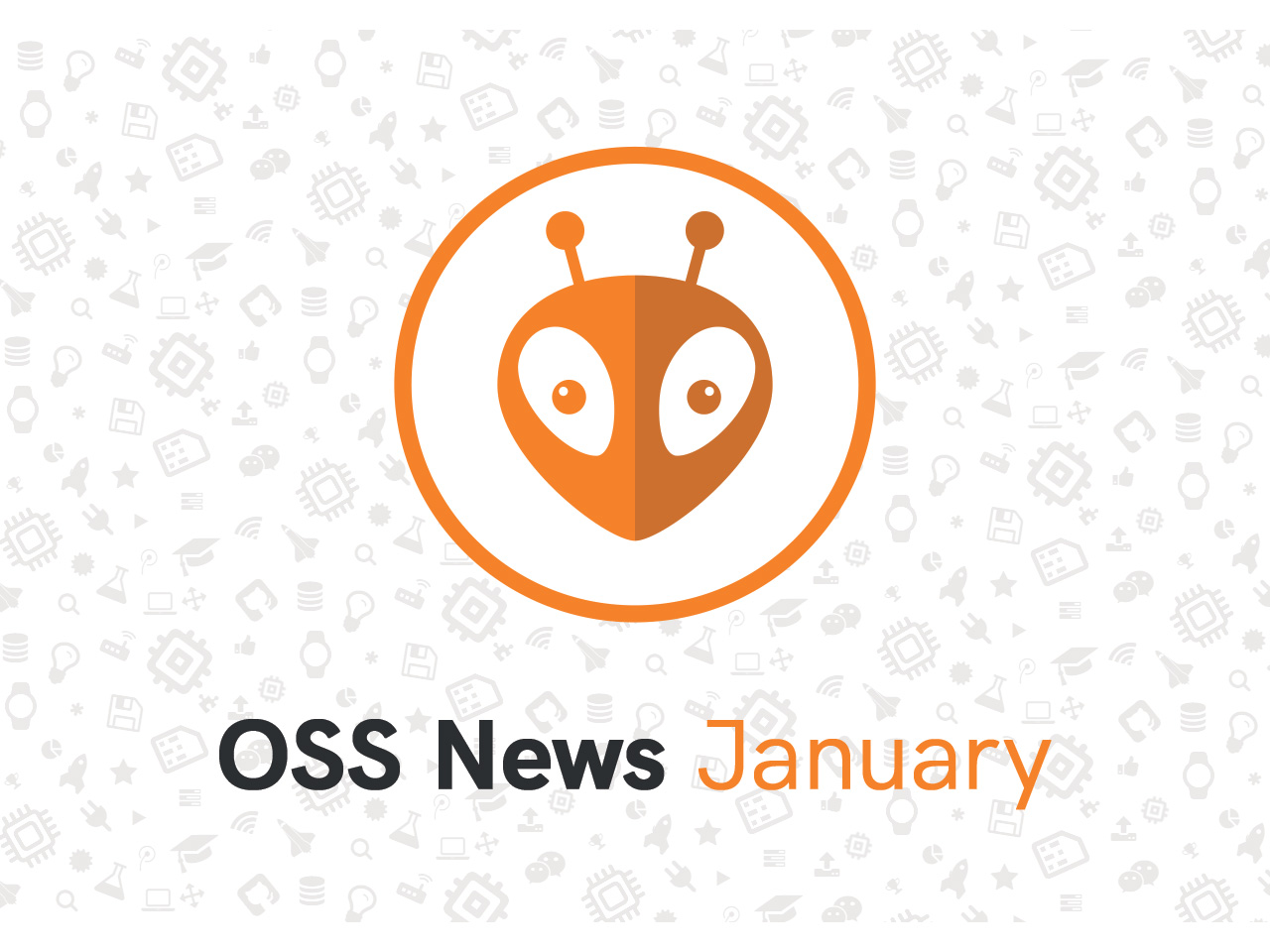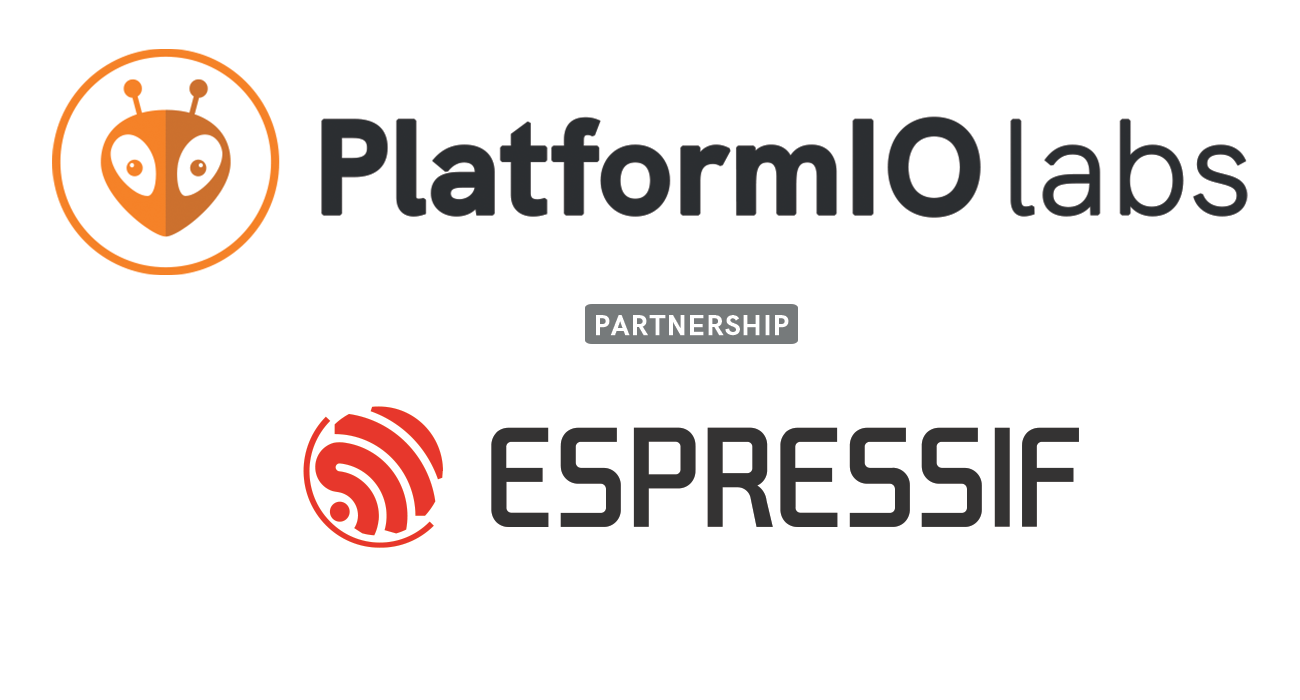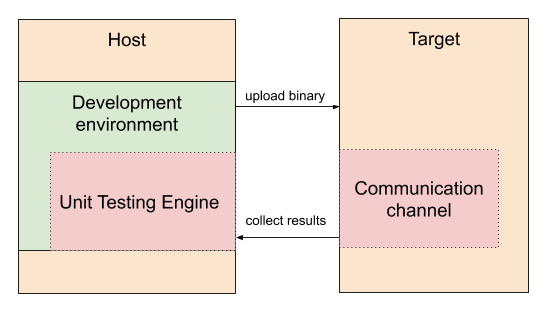PlatformIO Open Source January Updates
PlatformIO Core v5.1, new OpenHW RISC-V dev-platform, New boards & dev-kits, Support for ESP-IDF v4.2, Updated Arduino cores for Microchip SAM/megaAVR
Welcome to the January 2021 updates of PlatformIO Open Source professional collaborative platform for embedded development. The beginning of the year can often take off with a slow start for any project, but we managed to prepare several great updates. As usual, we’d like to walk you through everything that’s new across the PlatformIO ecosystem.

During January, we have released a new version of PlatformIO Core, published a new RISC-V based development platform, added support for ESP-IDF v4.2, rolled out updates for the Espressif32 and Microchip SAM/megaAVR platforms, fixed a lot of issues. Some of the key highlights include:
- PlatformIO Core 5.1
- ESP-IDF v4.2
- OpenHW RISC-V dev-platform
- Espressif32 dev-platform v3.0
- Atmel megaAVR dev-platform v1.4
- Atmel SAM dev-platform v5.1.1
- Stay in touch with us
PlatformIO Core 5.1
PlatformIO Core is the heart of the whole PlatformIO ecosystem and we are excited to announce the next v5.1.0 release. This milestone we again received helpful feedback from our community, which let us identify and tackle many issues and prepare a lot of great improvements:
- PlatformIO Home
- Boosted PlatformIO Home performance thanks to migrating the codebase to the pure Python 3 Asynchronous I/O stack
- Added a new
--session-idoption to pio home command that helps to keep PlatformIO Home isolated from other instances and protect from 3rd party access (issue #3397)
- Build System
- Upgraded build engine to the SCons 4.1 (release notes)
- Refactored a workaround for a maximum command line character limitation (issue #3792)
- Fixed an issue with Python 3.8+ on Windows when a network drive is used (issue #3417)
- Package Management
- New options for pio system prune command:
--dry-runoption to show data that will be removed--core-packagesoption to remove unnecessary core packages--platform-packagesoption to remove unnecessary development platform packages (issue #923)
- Added new check_prune_system_threshold setting
- Disabled automatic removal of unnecessary development platform packages (issue #3708, issue #3770)
- Fixed an issue when unnecessary packages were removed in
update --dry-runmode (issue #3809) - Fixed a “ValueError: Invalid simple block” when uninstalling a package with a custom name and external source (issue #3816)
- New options for pio system prune command:
- Debugging
- Configure a custom debug adapter speed using a new debug_speed option (issue #3799)
- Handle debugging server’s “ready_pattern” in “stderr” output
- Miscellaneous
- Improved listing of multicast DNS services
- Fixed a “UnicodeDecodeError: ‘utf-8’ codec can’t decode byte” when using J-Link for firmware uploading on Linux (issue #3804)
- Fixed an issue with a compiler driver for “.ccls” language server (issue #3808)
- Fixed an issue when pio device monitor --eol and “send_on_enter” filter do not work properly (issue #3787)
See Release Notes for more detailed information and use pio upgrade command to update to the latest version.
ESP-IDF v4.2
We’re happy to announce updated support for the latest stable ESP-IDF v4.2 - the official development framework for the ESP32 and ESP32-S Series SoCs. It provides a self-sufficient SDK for any generic application development on these platforms, using programming languages such as C and C++. ESP-IDF currently powers millions of devices in the field, and enables building a variety of network-connected products, ranging from simple light bulbs and toys to big appliances and industrial devices.
Major enhancements in the latest release:
- Support for
ESP32-S2SoC - Support of Bluetooth 5.0 for ESP32
- Improvements to the Wi-Fi stack
More information on project configuration for ESP-IDF can be found here.
Related resources for ESP-IDF:
OpenHW RISC-V dev-platform
OpenHW Group is a not-for-profit, global organization that provides an infrastructure for hosting high quality open-source HW developments in line with industry best practices. The OpenHW CV32E40P RISC-V core is the first open-source core for high-volume chips verified with the state-of-the-art process required for high-integrity, commercial SoCs.
The first release of the OpenHW dev-platform includes basic functionality for uploading pregenerated bitstreams to FPGA boards, developing and debugging applications based on the PULP SDK.
See Release Notes for more detailed information.
Related resources for OpenHW dev-platform:
Espressif32 dev-platform v3.0
The new release of the Espressif 32 dev-platform comes with new boards including the new ESP32-S2 SoC, support for ESP-IDF v4.2 and several improvements:
- Added new boards:
- Updated
ESP-IDFto the latest stable4.2 - Added support for the new
debug_speedoption - Default Arduino partitions moved to a separate section
- Minor bugfixes and improvements
Atmel megaAVR dev-platform v1.4
The new release of the Atmel megaAVR includes initial support for megaTinyCore - a lightweight Arduino core for the tinyAVR 0-series and 1-series chips, a lot of new generic boards, updated Arduino packages, and several minor updates:
- New board manifests for the following generic MCUs: ATtiny1604, ATtiny1606, ATtiny1607, ATtiny1614, ATtiny1616, ATtiny1617, ATtiny202, ATtiny204, ATtiny212, ATtiny214, ATtiny3216, ATtiny3217, ATtiny402, ATtiny404, ATtiny406, ATtiny412, ATtiny414, ATtiny416, ATtiny417, ATtiny804, ATmega64, ATtiny806, ATtiny817
- Initial support for megaTinyCore
- Updated megaAVR Arduino core to
v1.8.7(release notes) - Updated MegaCoreX to
v1.0.7(release notes) - Improvements to fuses and bootloader programming process
- Minor fixes and improvements
See Release Notes for more detailed information.
Related resources for Atmel megaAVR dev-platform:
Atmel SAM dev-platform v5.1.1
The new Atmel SAM v5.1.1 is mostly a maintenance release that comes with updated Arduino core and minor fixes:
- Updated Adafruit SAMD core to
v1.8.11(release notes) - Minor bugfixes and improvements
See Release Notes for more detailed information.
Stay in touch with us
Stay tuned to this blog or follow us on LinkedIn and Twitter @PlatformIO_Org to keep up to date with the latest news, articles and tips!


